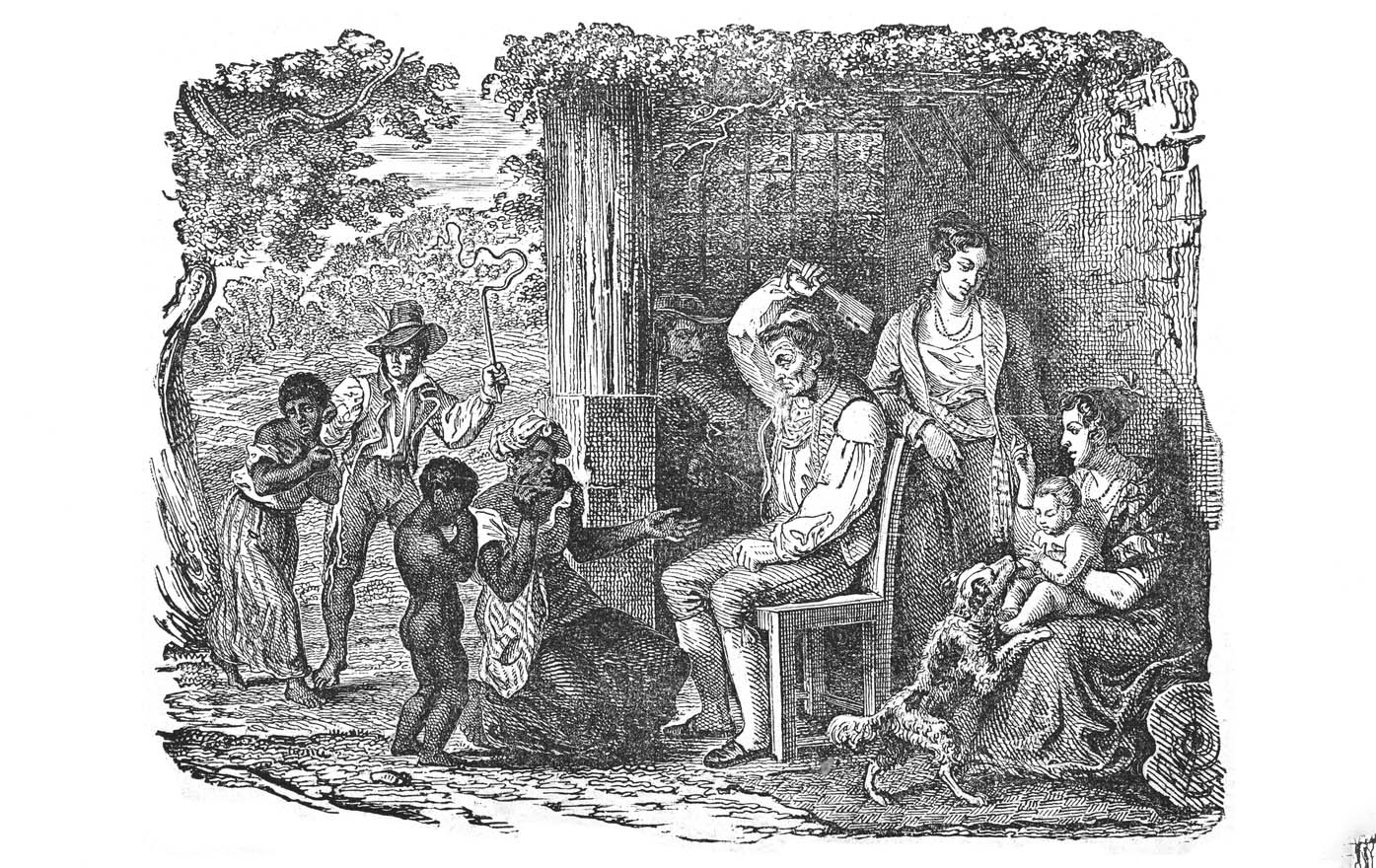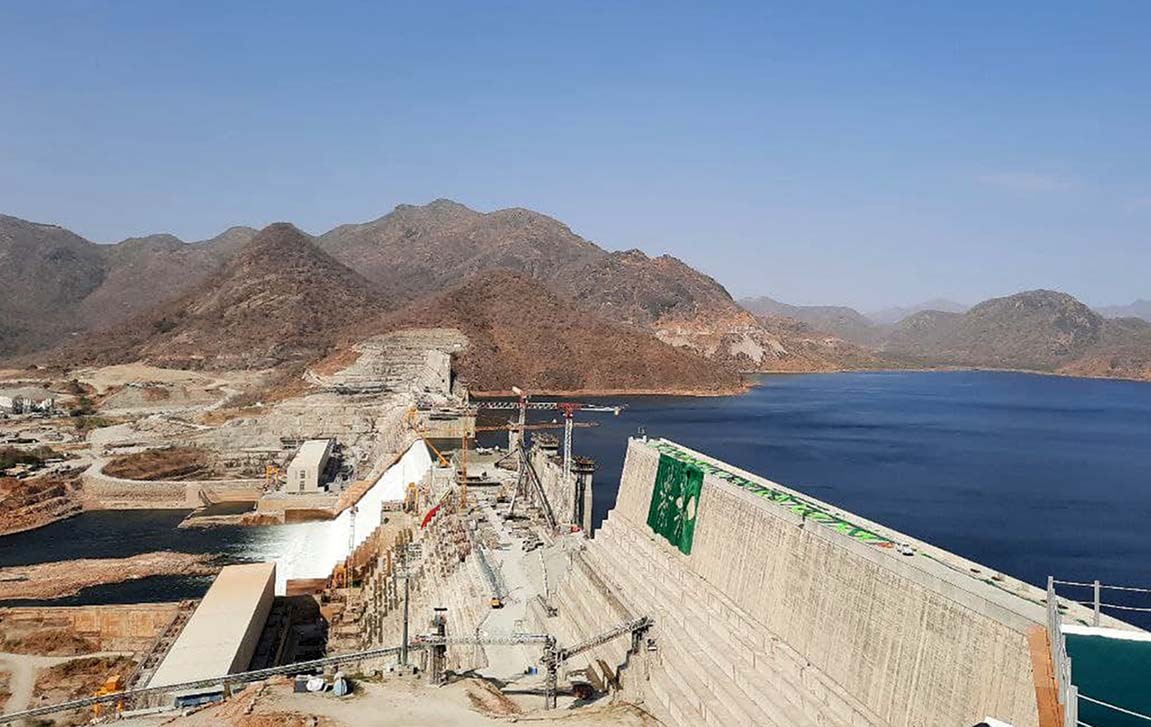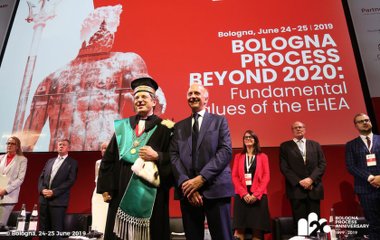Science Diplomacy and the Global State of Affairs
International science is facing an existential challenge and we need to discuss science diplomacy within that context.

Send us a link
International science is facing an existential challenge and we need to discuss science diplomacy within that context.

UNESCO has called for the creation of university chairs for the study of the history of enslavement and the transatlantic slave trade.

For thousands of years, the Nile River has been a vital resource for millions of north-east Africans on it for irrigation, drinking water, fishing and hydroelectric power. With the Nile being shared by 11 countries, disputes persist.

There is ample policy and strategic action around generative AI and research but scant exchange of knowledge between the world's countries.

Nobel prize-winning scientists and a world-leading AI researcher highlighted the dazzling potential of AI to support research, the contributions of science to democracy and the importance of critical thinking in the age of AI, at a Nobel Prize Dialogue held in Brussels this week.



In an era of stricter securitisation of research, more thoughtfulness and better professional judgement may be required from global research.

We are at a tipping point, a time of transformation for society and universities. A new report highlights some of the issues facing European universities.

The crisis of academic freedom in Europe emerged as the main theme at the recent "Bologna Process Beyond 2020: Fundamental values of the EHEA" conference in Bologna. More than 200 university rectors and 800 other stakeholders participated.

The decision by The Review of Higher Education, a highly respected academic journal, to temporarily suspend submissions due to a backlog of more than two years’ worth of articles awaiting reviews or publication set off a twitter storm and much debate in the corridors of academia about the future of academic publishing, and in particular its very foundation, blind peer review.
After years in a deadlock with publishers, researchers are keen to know whether we will now see for-profit companies and ‘astroturfers’ enter the open science landscape and undermine science in pursuit of their commercial interests, while claiming to support the struggle of researchers, who demand more say in the publishing of scholarly articles.
The altering of the Chinese national constitution to remove the text limiting China’s president and vice-president to two terms, cementing Xi Jinping’s leadership possibly for the next two decades, will mean a further ideological tightening in universities, and an extension of ‘Xi Jinping research’ in institutions.
African universities have been urged to foster gender equality, parity and mentoring of girls and early career women scientists in STEM, in order to facilitate economic transformation and other developmental challenges affecting the East African region.
European leaders and the European Commission have backed proposals to step up higher education mobility and exchanges and create a network of European universities with integrated study programmes and curricula that enable students to study abroad.
Technology, innovation and digitalisation must be seen as sources of income and not as costs to a business.
The Swedish government has changed the university law to ensure all doctoral candidates are made an employee of the university with a salary.
Technology, greed, a lack of clear rules and norms, hyper-competitiveness and a certain amount of corruption have resulted in confusion and anarchy in the world of scientific communication.
An expert group appointed by the government has proposed to change the procedures on how research funding from the Research Council of Norway is distributed and to cut the administrative budget of the research council by NOK80 million (US$9.6 million).
As United States and British legislators tighten the screws on travel and visa rules, they might be squeezing out international researchers and students. Canadian universities, meanwhile, are seeing surging interest from both groups.
Academics in Japan are bitterly divided over defence ministry grants to universities for defence-related research.
Erdogan, has taken direct control of the appointment of university rectors and a further 1,267 academics have been dismissed.
Two and a half years ago now, a narrow majority of the Swiss electorate approved the so-called popular 'Stop Mass Immigration' initiative or MEI proposed by the Swiss People’s Party or SVP...

The Lars Løkke Rasmussen government is moving to cut funding for universities and the student financing system and increase political control over higher education institutions.